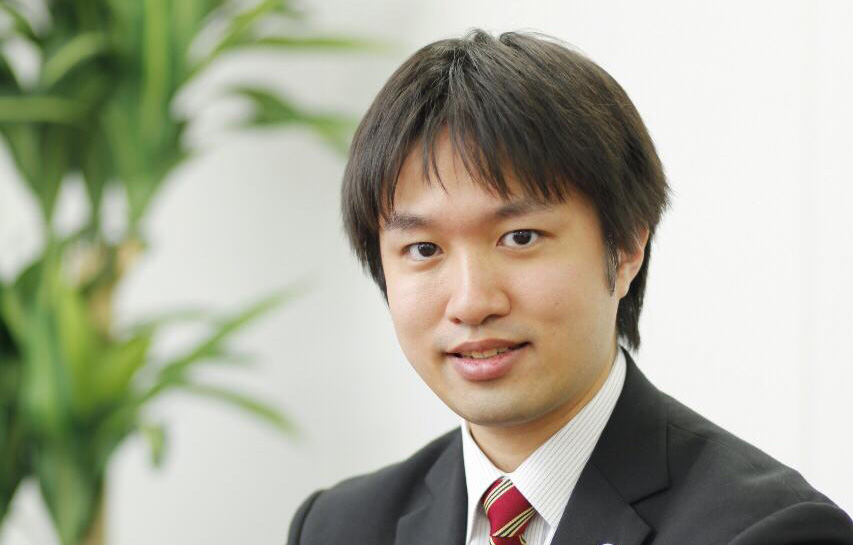Fragility behind the mask
When I'm not in the office, I enjoy watching professional wrestling. I attend two or three tournaments a month and even train with a wrestler. I met Hana in 2018 through a mutual friend. At the time, she was trying to make a name for herself as a heel (a professional wrestler who plays the role of the villain).
Inside the ring, she would trash talk her opponents and play tricks on them. But outside, she was a completely different person.
I once complimented her on her performances, telling her that while it was hard to be a heel, she was doing a good job. She gave me an anxious look and asked if I really thought so, before adding, with her trademark smile and big, sparkling eyes, "Thanks."
Another memory that stands out is of her comforting our mutual who was going through a tough time and was crying. Hana got so emotional that she also broke out in tears. Kind and sensitive. That's how I remember Hana.
So when I heard about the incident on Terrace House that triggered the cyberbullying, I knew it didn't reflect who she really was.

Knowing your own weaknesses
I didn't follow her on social media so I didn't see any of her posts in the days leading up to her death. But after I heard the news, I went back and read them.
I wanted to live life being loved.
To everyone who stood by my side and supported me, I love you.
Thank you. I love you.
I'm sorry I'm so weak.
(Kimura Hana Twitter post)
I spoke to Harada Takayuki, a psychology professor at the University of Tsukuba and a certified public psychologist, and asked him about what might have been going through her mind when she posted these tweets.
"The posts made immediately before her death are short," he says. "It seems as though she was shouting out each word, while also feeling hesitant about death. But this last one is mostly in the past tense, which shows her resolve."

He adds: "You might think the slander is what drives people to death, but if that was the only explanation, every famous person in the world would have killed themselves by now. There are always other risk factors—both environmental and individual factors. There are also social and cultural factors that make some people reluctant to seek help. If we're going to prevent future suicides, we need to raise awareness about these risk factors." CDC (US Centers for Disease Control and Prevention) lists some of the risk factors:
- Family history of suicide
- Family history of child maltreatment
- Previous suicide attempt(s)
- History of mental disorders, particularly clinical depression
- History of alcohol and substance abuse
- Feelings of hopelessness
- Impulsive or aggressive tendencies
- Cultural and religious beliefs (e.g., belief that suicide is a noble resolution of a personal dilemma)
- Local epidemics of suicide
- Isolation, a feeling of being cut off from other people
- Barriers to accessing mental health treatment
- Loss (relational, social, work, or financial)
- Physical illness
- Easy access to lethal methods
- Unwillingness to seek help because of the stigma attached to mental health and substance abuse disorders or to suicidal thoughts
Preventing cyberbullying
In one of the tweets she posted before her death, Hana wrote that she was overwhelmed by the nonstop barrage of slander.
Neary 100 frank opinions a day.
I couldn't deny that I was hurt.
'Die,' 'disgusting,' 'disappear'
are the most common thoughts I had about myself.
(Kimura Hana Twitter post)
Shimazaki Masatora, a lawyer who specializes in online human rights says "when flaming does happen, legally, it's possible to request information on the abusers and sue for damages. But often, this will fan the flames and lead to more comments."
He told me of a case in which the lawyer of a cyberbullying victim repeatedly requested the disclosure of personal information on the abuser, which only lead to increased flaming, culminating in death threats. More than eight years on, the lawyer is still the target of abuse.

For people who find themselves being flamed, Shimazaki recommends taking these three steps:
1) Stop posting online.
Do not post on social media networks like Twitter and Facebook. He says posts of any kind can be targeted by cyber bullies.
2) Protect personal information.
Shut down social media accounts or at least take steps to hide personal information. Some people make their accounts private. However, Shimazaki says this is not always effective, as people with access will sometimes share screenshots of private posts.
3) Stay offline
Shimazaki says the best thing to do is avoid going online altogether. Don't go on the internet or use social media until the flaming subsides. Don't search your name or username.
The kind world Hana wanted
After Hana's death, many of the people who bullied her deleted their social media accounts after being targeted by abuse themselves. In this sense, the vicious cycle of flaming continues. After her daughter's funeral, Hana's mother Kyoko posted this online:
Everyone please
Don't blame yourself
For Hana's death
Don't blame someone else
Don't hate
Stop the spiral of hate
So the same thing doesn't happen again
So we can be closer to
The kind world Hana wanted
CDC website for more information:
https://www.cdc.gov/violenceprevention/suicide/riskprotectivefactors.html

